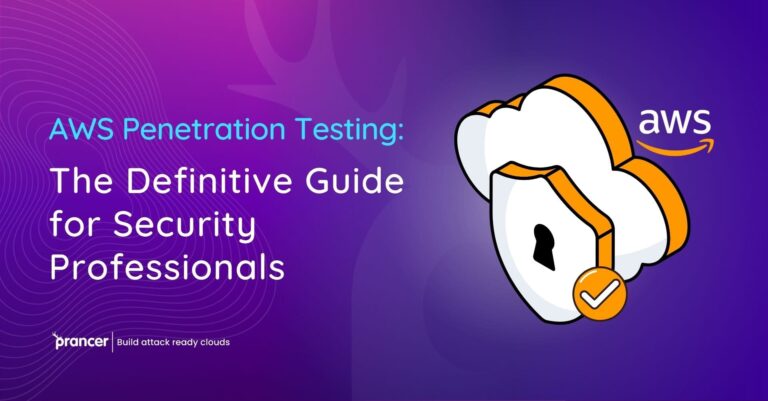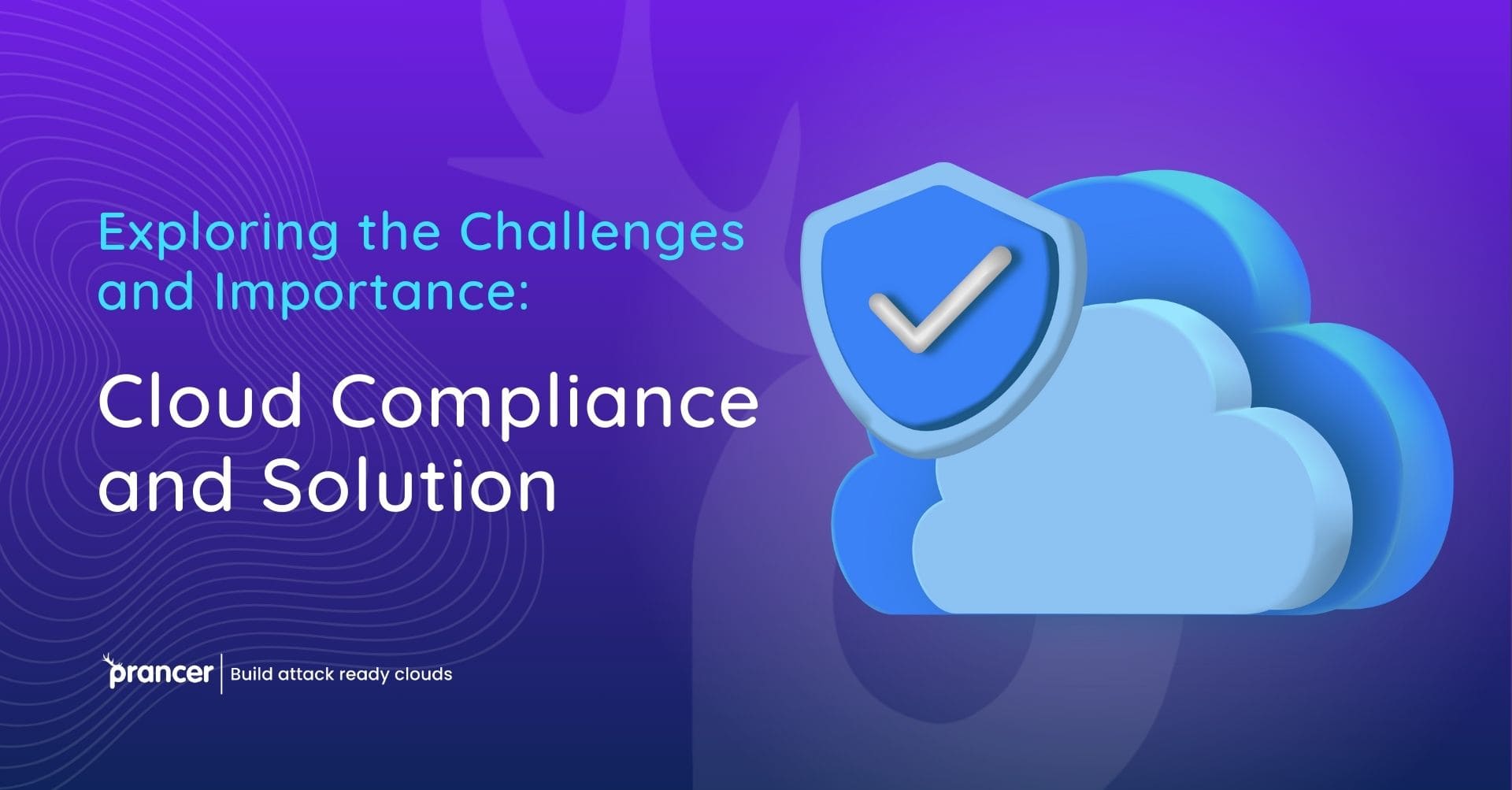

Cloud compliance is crucial for organizations to meet regulatory requirements, maintain data integrity, and ensure the security of their cloud environments. This article explores the challenges and importance of cloud compliance in application security, highlighting the value of automated security solutions by Prancer. Discover how Prancer’s advanced solutions can help you enhance your cloud security, achieve cloud, and fortify your application security.
The Challenges of Cloud Compliance: Achieving and maintaining cloud can be complex due to the evolving regulatory landscape, diverse security standards, and the dynamic nature of cloud environments. Challenges include managing data privacy, implementing proper access controls, conducting regular audits, and addressing compliance requirements specific to different industries and regions.
The Importance of Cloud Compliance: Cloud ensures that organizations adhere to regulatory frameworks, industry standards, and best practices to protect sensitive data and maintain customer trust. Compliance with regulations such as GDPR, HIPAA, PCI DSS, and others helps organizations mitigate risks, prevent data breaches, and demonstrate their commitment to data security and privacy.
The Power of Automated Security: Automated security solutions play a critical role in achieving and maintaining cloud compliance. By leveraging intelligent algorithms, continuous monitoring, and real-time threat intelligence, these solutions can automate security assessments, detect compliance gaps, enforce access controls, and provide audit trails, ensuring organizations meet their cloud requirements. Prancer, a trusted provider of automated security solutions, offers comprehensive features to enhance cloud security and simplify the path to cloud compliance.
In addition to the automated security solutions highlighted above, Prancer offers features such as secure code storage, encryption controls, and real-time threat intelligence to further enhance cloud security and simplify cloud compliance. With Prancer’s comprehensive suite of automated security solutions, organizations can streamline their cloud processes, protect sensitive data, and fortify their application security.
Strengthen Your Application Security with Prancer’s Automated Solutions and Achieve Cloud Excellence
Achieving and maintaining cloud compliance is crucial for protecting applications, data, and maintaining regulatory requirements. By leveraging Prancer’s advanced automated security solutions, organizations can enhance their compliance monitoring, access controls, and reporting capabilities, simplifying the path to achieving and maintaining cloud. Safeguard your cloud environment, fortify your application security, and streamline your cloud compliance processes with Prancer’s automated security solutions
